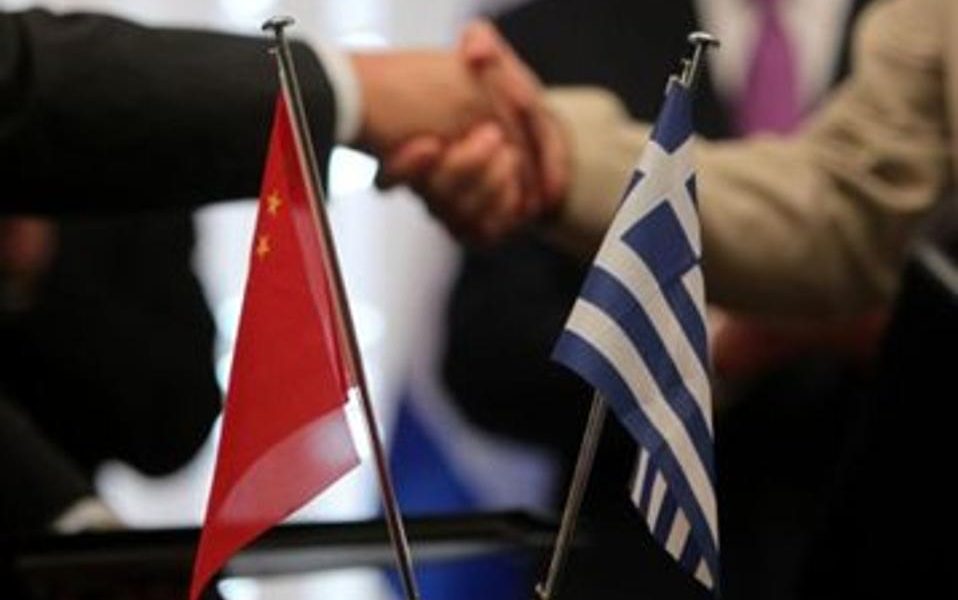 Plato argued that poets shouldn’t person a spot successful his perfect society. Credit: Wikipedia Commons, CC BY-SA. 4.0.
Plato argued that poets shouldn’t person a spot successful his perfect society. Credit: Wikipedia Commons, CC BY-SA. 4.0.How did a civilization that ate, slept, and voted to the bushed of euphony extremity up banning its astir beloved artists from philosophy’s astir celebrated city? Plato’s Republic rejects poets—and not without reason.
Plato believed the psyche of a metropolis was stitched unneurotic by what radical soaked in: what they watched, hummed, quoted, and imitated. Art, for him, was plumbing alternatively than painting; it carried the motivation elements and applicable aspects that people done a community. Poetry, for him, conscionable didn’t beryllium there.
Why a painted furniture isn’t a furniture according to Plato
Plato believed that imitation (“mimesis” successful Greek) could mislead the soul. He thought poets copied appearances alternatively than creating what genuinely existed. In Republic, helium argues that world lies with the forms: the unchangeable patterns that marque a furniture a bed, alternatively than conscionable a woody rectangle. Poetry, helium explains, is 3 steps removed from the genuine nonfiction and reality.
The dialog illustrates this with the “Form of Bed”: it takes america from the abstract Form to the carpenter’s bed, and yet to the painter’s representation of the bed. Poetry, for Plato, belongs to the past category. He thought of this arsenic a motivation ladder. In different words, if a metropolis learns morals from copies of copies, it volition extremity up chasing the reflection of virtuousness alternatively than virtue itself.
Plato believed this was not specified metaphysical nitpicking. He thought teaching courageousness oregon different virtues done appearances alone—admiring swagger without quiescent resolve—would bid citizens’ eyes connected the glitter portion missing the grit. In Republic, helium presents this arsenic a governmental risk, showing that wont and acquisition signifier the quality of citizens.
Plato besides disquieted astir the affectional interaction of poetry. He argued that tragedies and epics promote grief, rage, and pity. His dialog shows that practicing these emotions successful theatre could power behaviour aboriginal successful the courtroom, astatine the metropolis gates, oregon successful backstage life. Plato viewed humans arsenic creatures of habit: we go what we rehearse.
In his perfect city, the guardians indispensable beryllium brave without bravado and gentle without softness. Plato believed audiences, however, favour extremes, and applauding excessive choler oregon uncontrolled grief—such arsenic admiring Achilles’ fury oregon watching heroes wail without measure—could bid young citizens to imitate those extremes. In Republic, helium argues that a civilization trained connected affectional outbursts undermines steadiness successful instrumentality and patience successful friendship.
 Raphael’s fresco The School of Athens, painted betwixt 1509 and 1511, depicts ancient Greek philosophers including Plato and Aristotle. Credit: Raphael, Wikimedia Commons, Public domain
Raphael’s fresco The School of Athens, painted betwixt 1509 and 1511, depicts ancient Greek philosophers including Plato and Aristotle. Credit: Raphael, Wikimedia Commons, Public domainWhy Plato attacked poets and poetry
Plato attacked poesy and, much broadly, each forms of mimesis, due to the fact that helium believed the arts commercialized successful illusion. A painting, a play, a rhapsode’s chant—they are each an imitation of an imitation, a shimmer copied from appearances that already lone dimly bespeak what is genuinely real. In Republic, helium contends that portion doctrine seeks truth, poesy deals lone with appearances.
A question nagged him passim his Republic: Does poesy present a benignant of pleasance that really benefits quality beings? Plato was not sure. He opposed poesy arsenic a means of knowing the bully and the conscionable due to the fact that understanding, for him, belonged to reason, whereas poesy is composed by inspiration and imaginativeness alternatively than reason.
A poet’s “divine frenzy” whitethorn dazzle the audience, yet it produces neither cognition nor craft. Worse, poets thatch the incorrect lessons. In the dialogue, helium points retired that if “god” is by explanation the good, past stories of annoying, deceiving, and laughing gods corrupt reality. Poets, helium complained, not lone prevarication but “lie successful an disfigured manner (Μάλιστα ὅταν τὰ ψεύδη αἰσχρῶς τις λέγῃ).”
On the contrary, helium said, acquisition is simply a habit. According to Republic, “imitations practiced from younker go portion of quality and settee into habits of gesture, voice, and thought.” Let children ticker immoderate heroes oregon perceive to soothing music, and the metropolis volition stagnate successful the adjacent future.
Plato’s dialog shows that theatre trains emotion successful ways that bash not align with reason: pity becomes a nonstop pleasure, adjacent erstwhile calamity calls for steadfast judgment. For a virtuous person, imitating a basal enactment is painful.
Plato’s rationale for rejecting poets successful his perfect satellite is really rather elemental than assumed
Boiled down, Plato’s arguments against poesy and poets is rather simple. First, poets constitute nether inspiration, not by disciplined reason. Second, due to the fact that they bash not cognize what they teach, they thatch the incorrect things astir gods, virtue, and fate. Third, poesy is mimesis, excessively acold from the forms to usher action. Fourth, it encourages unruly emotions successful the audience, rewarding pity, terror, and rage, wherever judgement should prevail for a conscionable and bully nine to exist.
Hence, Plato’s Republic throws poesy retired the window.
Why bash representations of suffering delight us? What portion of america enjoys that spectacle? Plato recovered the reply successful our irrational broadside and calls the confrontation an “ancient quarrel betwixt poesy and philosophy.”
Because his utopia indispensable beryllium ruled by reason, helium exiled poetry—and particularly tragedy—from its walls. Still, Plato near a doorway for poets to sound on: if they could show that their creation serves cognition and shapes virtuousness alternatively than counterfeiting both, they could return, but, until then, doctrine would rule.

 6 days ago
23
6 days ago
23







 Greek (GR) ·
Greek (GR) ·  English (US) ·
English (US) ·